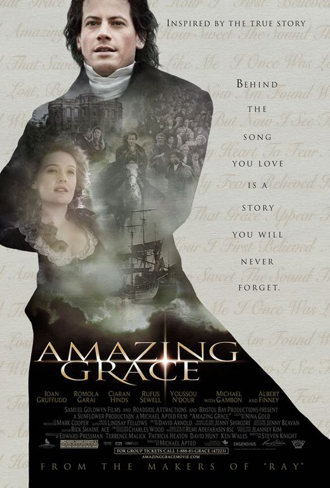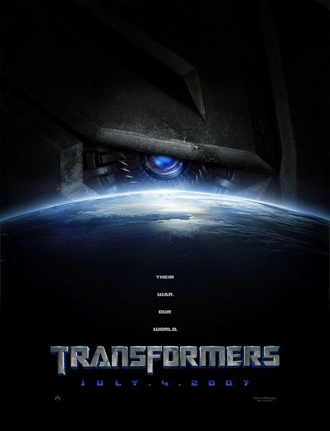It's been a tough old week to be a cinephile. Firstly, poet of the dark interior of human existence Ingmar Bergman finally gives up the ghost, then I get to…
Read More
It's an awfully long time since I have watched a complete episode of The Simpsons so I wasn't 100% confident that I would be happy sitting through an extended version…
Read More

While the Film Festival takes up a justifiably huge chunk of time and mindspace during these two weeks the world of commercial cinema has hit back hard with two of…
Read More
The world of Harry Potter takes on an Orwellian tone in The Order of the Phoenix, episode 5 in the Hogwarts soap, which sees the magic bureaucracy in London desperate…
Read More
About 13 years ago I found myself transfixed by an image on a television news broadcast of a seven-year-old girl trapped on a bridge. With her family she was trying…
Read More

Above the proscenium arch at the Embassy theatre, on either side of the screen, there are two flashing red lights. They've been there ever since the Return of the King…
Read More
